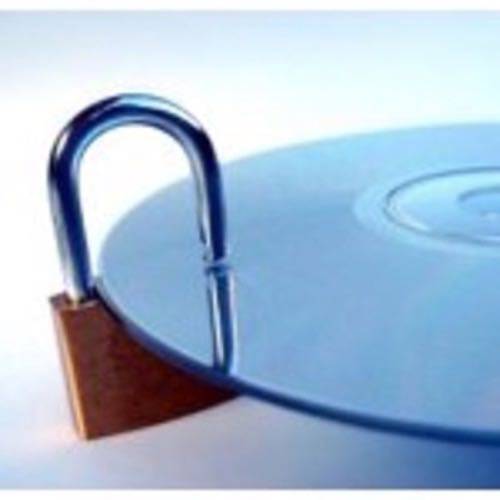The what-if scenario few in the tech world want to consider – What happens if the Stop Online Piracy Act passes into law? – may be fixed by something as simple as a browser extension.

Forbes and the Atlantic Monthly are both reporting that coders are already developing work-arounds. A developer calling himself Tamer Rizk launched DeSopa, a Firefox add-on that would allow users to visit sites blocked by the proposed copyright protection measures proposed under SOPA.
“I feel that the general public is not aware of the gravity of SOPA and Congress seems like they are about to cater to the special interests involved, to the detriment of Internet, for which I and many others live and breathe,” Tamer Rizk told the site TorrentFreak.
SOPA would block access to sites accused of violating U.S. copyright laws. The measure has been called Draconian by opponents who say it would fundamentally change the free-flow of information across the Internet. Proponents, ranging from the NBA to Universal, say the measure is needed to block sites like The Pirate Bay, which flagrantly flaunt copyright laws and make content available for free without paying copyright owners.
This week a House committee suspended debate on the measure until 2012.
DeSopa is the first fix, but it’s easy to speculate that similar add-ons will soon be available in Chrome and other popular browsers. The add-on reverts Web addresses to the bare Internet Protocol address, allowing Firefox to navigate around blocks. The simplicity of the add-on is in and of itself a statement: if Tamer Rizk can make a work-around before debate on SOPA has even concluded, thousands more will follow, which will ultimately render the legislation ineffective.
“This program is a proof of concept that SOPA will not help prevent piracy,” reads a note on DeSopa’s download page. “If SOPA is implemented, thousands of similar and more innovative programs and services will sprout up to provide access to the websites that people frequent. SOPA is a mistake. It does not even technically help solve the underlying problem, as this software illustrates.”
Or as Reason, the journal of libertarian thought and politics, noted, “SOPA looks like a stunning anti-success: Not only would it undermine core elements on the Internet’s architecture, it wouldn’t stop much piracy. Indeed…it would probably make the Internet substantially less secure.”

















